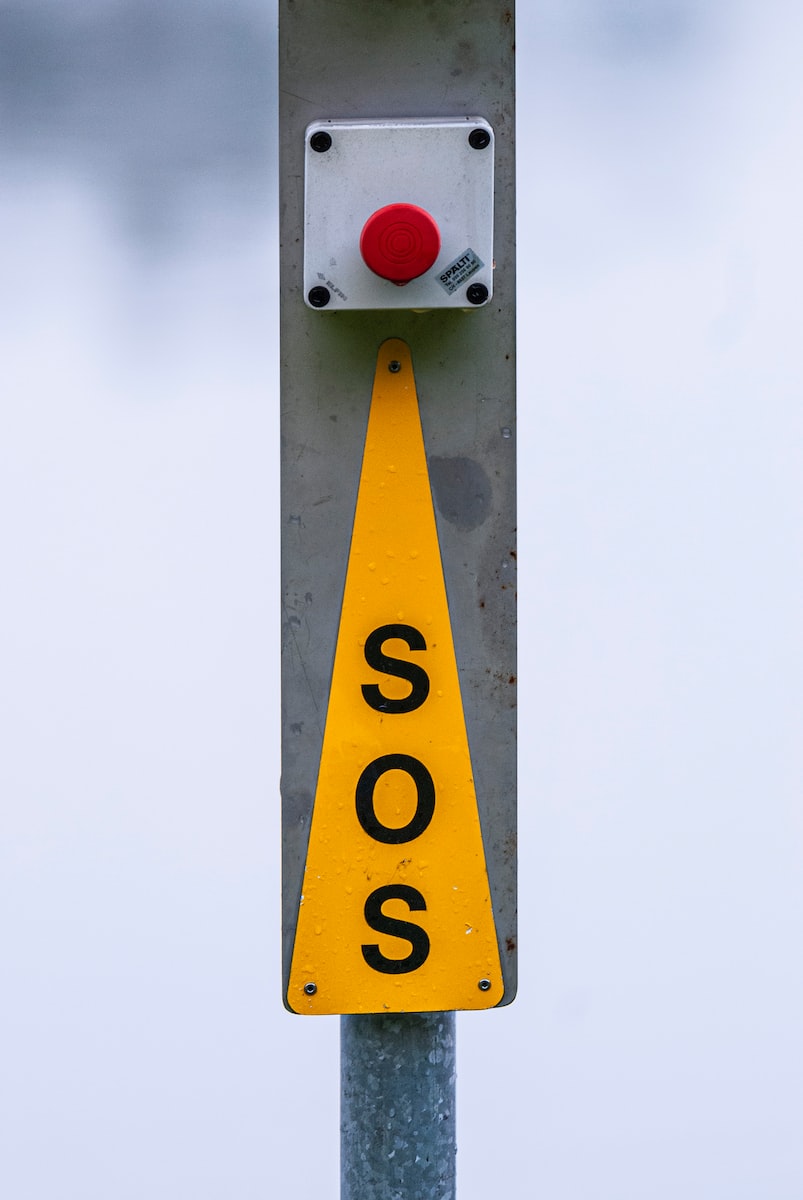An emergency fund is a financial cushion that serves as a safeguard in times of financial hardship. It’s something everyone should have, yet not everyone takes the time to create one. Having an emergency fund can save you from relying on credit cards or loans if a medical emergency or job loss occurs. Let’s take a look at why it’s important to start building your emergency fund now.
Why You Need an Emergency Fund?
The primary purpose of having an emergency fund is to protect you from having to deplete any other savings accounts or use credit cards in the event of unexpected expenses. The idea is that you’ll use your emergency funds first before tapping into other funds such as retirement accounts or college savings plans. This allows you some flexibility over how you manage your money and can help prevent debt accumulation in times of financial distress.
How Much Should I Save?
Most experts suggest that you should aim for three to six months’ worth of living expenses saved up in your emergency fund, but this number may vary depending on your situation and goals. When deciding how much money you should save, consider factors such as job security, whether or not you have dependents, and the amount of debt you currently have. Generally speaking, it’s better to err on the side of caution and save more than less.
What Are Some Tips for Building an Emergency Fund?
One way to slowly build up your emergency fund is by setting aside a small amount each paycheck until your goal has been reached. Automating transfers from checking into savings can also be helpful so that the money goes directly toward saving instead of getting lost in spending elsewhere. Additionally, shopping around for better rates on bank accounts can help make sure that your money is earning as much interest as possible while it sits in the bank waiting for its moment!
Conclusion: Building an emergency fund doesn’t happen overnight but it’s well worth the effort and planning involved. By taking the time to create an emergency fund now, you are protecting yourself from future financial hardship due to job loss or medical emergencies. Setting aside a small portion each paycheck is one way to slowly build up your funds over time until you reach your desired goal – and remember, always shop around for better rates on bank accounts so that those funds are working for YOU! By following these tips and taking action today, anyone can prepare themselves financially for life’s unforeseen circumstances tomorrow.
